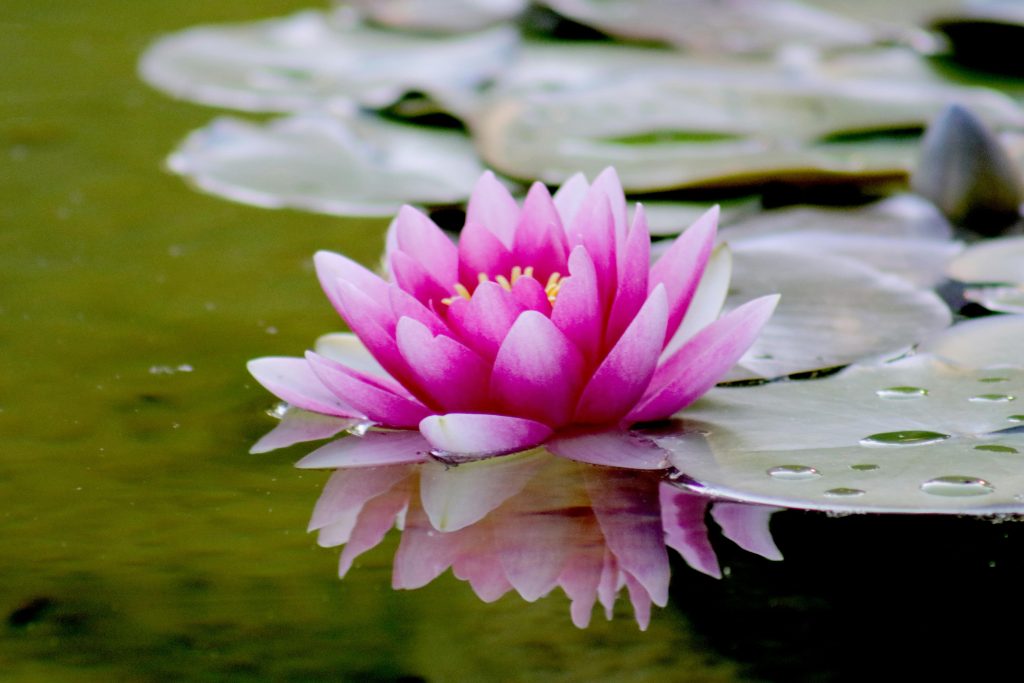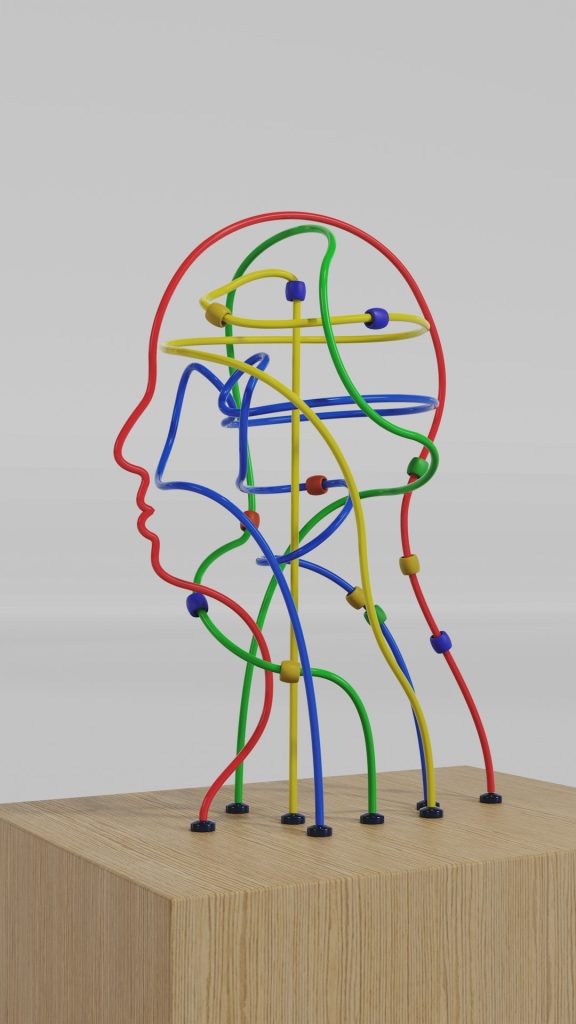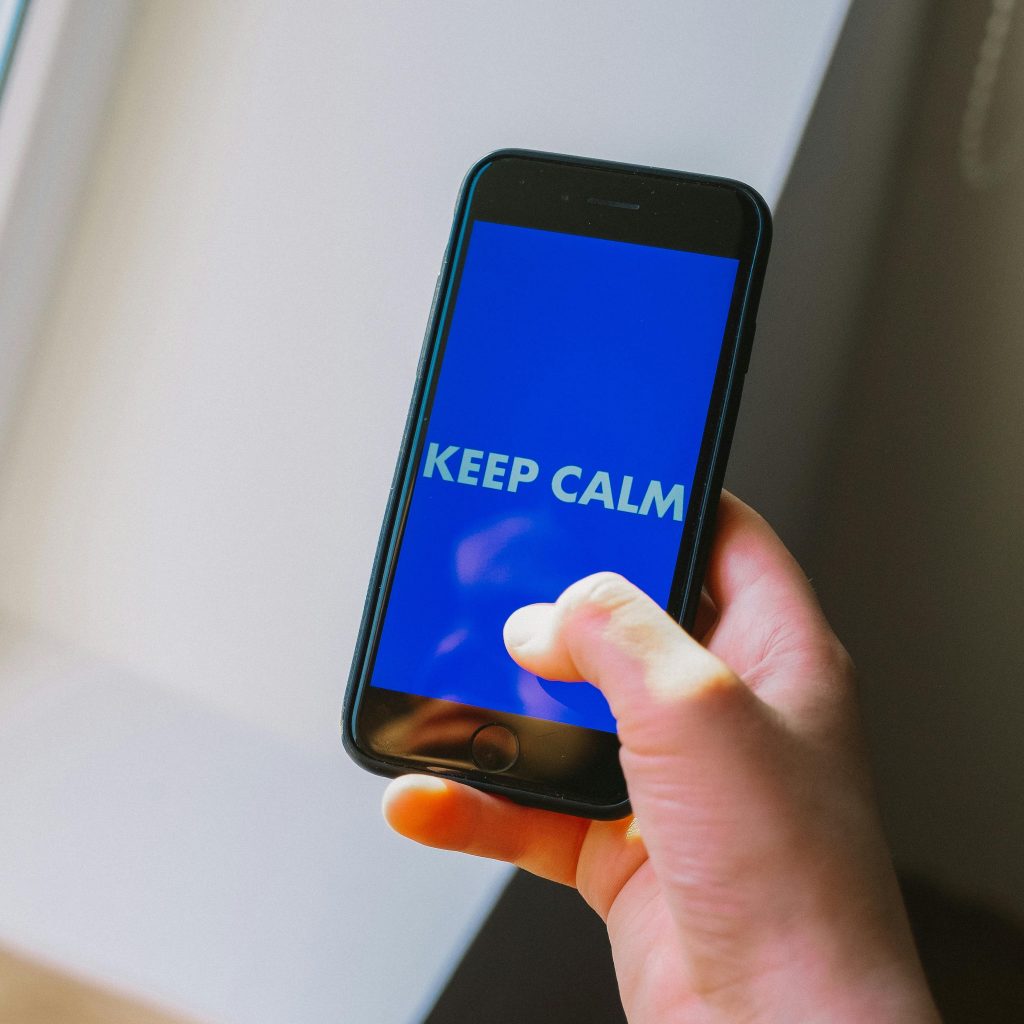Mindfulness
Offerings
Mindfulness isn’t just a buzzword—it’s a real-deal superpower for stress relief, greater focus, and deeper connections at work, at home, and in life.
Cultivate presence, resilience, and well-being through simple and accessible practices.

Befriend Your Mind
With a creative background in music performance and more than a decade of professional experience as a licensed clinical social worker, Zachary Shaiman brings a unique blend of creativity and clinical expertise to mindfulness instruction. He has supported individuals with severe mental illness and substance use concerns across a variety of clinical and community settings, approaching each individual with compassion, empathy, and practical understanding.
Trained by renowned meditation teacher David Nichtern and certified by Dharma Moon and Tibet House in the lineage of Chögyam Trungpa Rinpoche, Zac’s teaching is rooted in authentic meditation tradition. His guidance draws insight from years of direct therapy practice and the wisdom of leading mindfulness teachers, including Pema Chödrön, Joseph Goldstein, Jack Kornfield, Sharon Salzberg, and Ram Dass, to create an inclusive, meaningful, and well-supported environment for all participants.
Why Be Mindful?
Mindfulness is the art of being present: tuning into your thoughts, feelings, and surroundings with curiosity, not judgment. It’s not about “emptying your mind” or finding inner peace on a mountaintop. It’s about showing up to your day, your relationships, and your creative work with more awareness and less reactivity.
Relief From Stress
Mindfulness helps dial down stress before it spirals by teaching you to notice and respond, instead of react.
Emotional Balance
Mindfulness gives you a pause button when emotions run high, so you can navigate life’s ups and downs with steadier feet.
Mental Flexibility
Break out of habits, think outside the box, and spot new opportunities. Mindfulness helps you get unstuck and adapt to change.

Better Relationships
Mindful listening and communication make conversations easier, safer, and more real, whether at home, at work, or online.
Sharper Focus
Less distraction, less multitasking, more attention; mindfulness is your brain’s best ally for deep work and creative flow.
Ongoing Support
Join regular (virtual or onsite) check-ins with other people to practice together and build momentum.
What you’ll
learn
Current Mindfulness Offerings
Explore our comprehensive selection of services that cater to a variety of needs, ensuring complete customer satisfaction.

Mindfulness for Creative Minds
Unlock your imagination with practices designed to spark creativity, reduce stress, and foster emotional resilience, whether you are an artist, writer, musician, or designer.

Mindfulness in the Workplace
Boost focus, resilience, and team culture with evidence-based mindfulness tools for any work setting. Find out how mindful practices can transform stress, communication, and productivity on the job.

Mindful Masculinity
Explore how mindfulness can help anyone embody strength with compassion, authenticity, and self-awareness, reshaping ideas about modern masculinity for deeper well-being and connection.

Mindfulness & Technology
Discover how to bring mindful awareness to your digital life, reducing overwhelm, building healthier tech habits, and staying focused in a hyper-connected world.
Frequently Asked Questions
I usually prefer to learn stuff on my own because I get uncomfortable in front of other people. Do I really need a meditation teacher?
You can absolutely start meditating on your own — in fact that’s how I began practicing! It’s great to start learning from books, apps, or online resources. Meditation has a long, rich history with roots in many different spiritual traditions, and it can be overwhelming for newcomers to find an entry point. However, without regular practice and without other people holding you accountable, any knowledge you glean from meditation may not be absorbed as insight. With that in mind (no pun intended), many people find it helpful to learn from a teacher or join a group for guidance, encouragement, accountability, and community.
I don’t like people telling me what to do. Is a teacher going to tell me that there is a ‘right’ or ‘wrong’ way to meditate?
There are many different traditions of meditation practices, each with their own merits and benefits. For example, if a person wants to become more mindful, they would practice mindfulness meditation; if a person wanted to become more compassionate, they would practice compassion meditation. With all of these options for meditation practices, consulting with a teacher can be beneficial for clarifying your intentions for starting your practice and finding appropriate practices to cultivate the qualities that interest you. The most important thing is to show up with an open and curious attitude.
I’m very impatient and I need this to work immediately. How soon will I notice results from my practice?
You will notice the benefits of mindfulness (clarity, gentleness, and resilience) from consistent practice. Some people notice these benefits after just a few sessions, while for others it may take a few weeks of meditating regularly. Be patient and gentle with yourself as you build your practice. Each session will be different, and that’s okay.
My mind is a weird place and I don’t want to be stuck with my thoughts, so how long should I meditate for?
Consistency is more important than duration; regular, shorter sessions are often more beneficial than occasional long ones. For beginners, it is recommended to start with 20 minutes of daily practice, but if you can’t sit for that long, sit for 10 minutes. If you can’t sit for 10 minutes consistently, sit for 5 minutes. Some mindfulness is better than no mindfulness, but you can’t become more mindful without actually practicing mindfulness.
Is mindfulness religious? Do I have to take any kind of vows? I don’t want to become a vegan or anything.
While mindfulness has roots in Buddhist traditions, the practices I teach are secular and accessible to people of all faiths or no faith. The focus is on developing attention, awareness, and compassion — universal human capacities that complement many spiritual and secular worldviews.
So I’m just supposed to sit there watching my breath for a while? Why would anyone even do that? What are the benefits?
Yes, a foundational mindfulness practice would be to sit quietly and observe your breath. This may sound simple, but research shows that meditation can help reduce stress, improve concentration, increase self-awareness, enhance emotional health, and may even lead to improved physical well-being. Watching the breath anchors you in the present moment, helping to break cycles of rumination or anxiety.
What if I can’t stop my thoughts?
It’s completely normal for thoughts to arise during meditation. The goal isn’t to “clear your mind” completely, but rather to observe your thoughts without judgment and gently return your focus to your breath or chosen point of attention.



